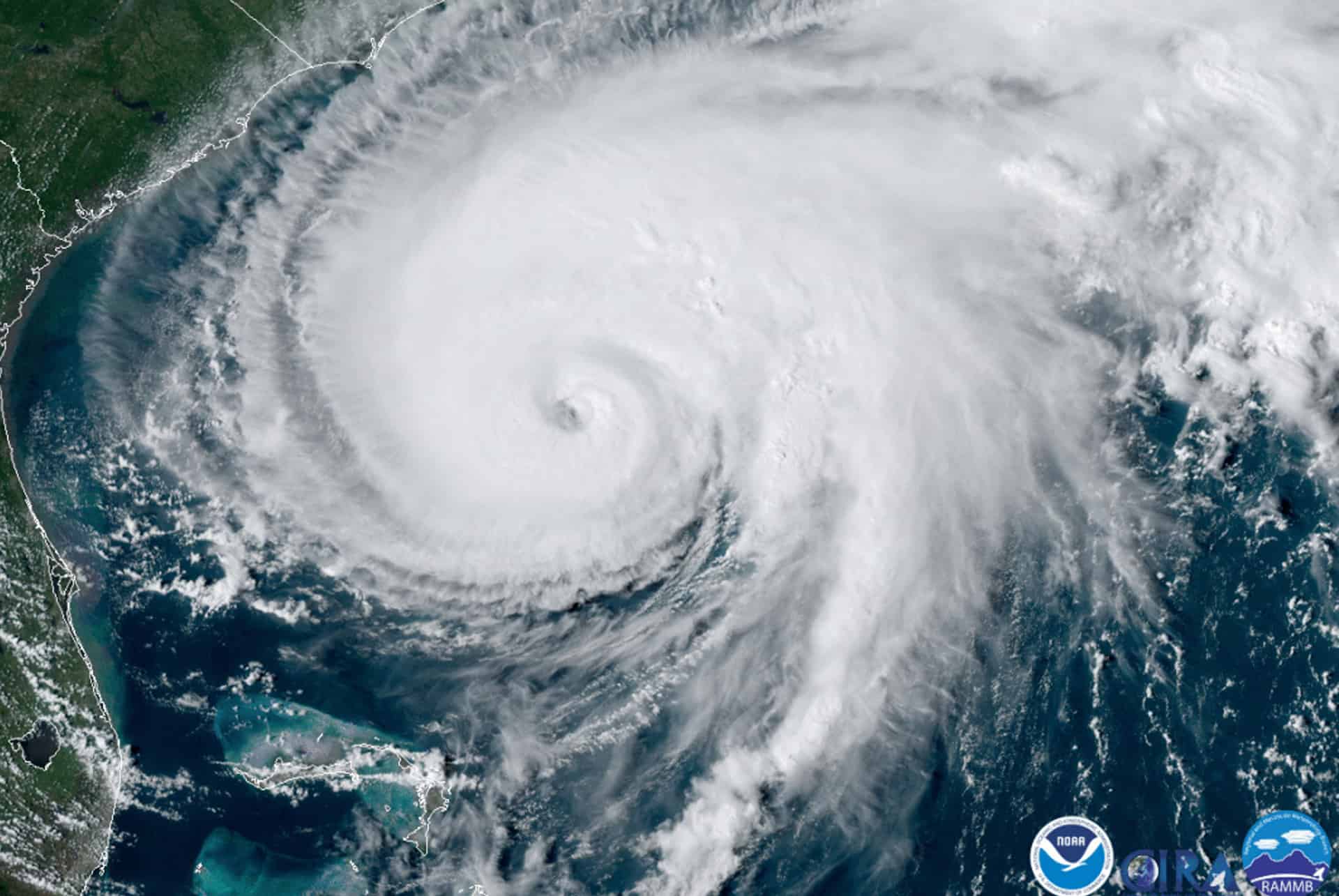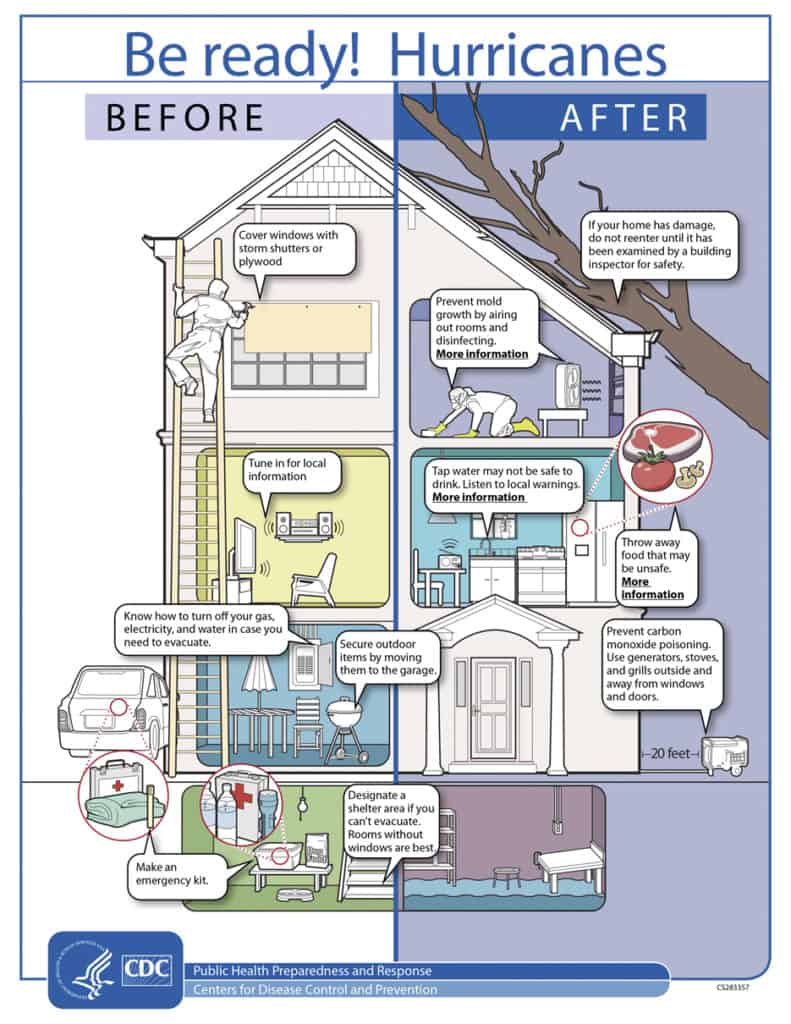National Hurricane Preparedness Week, which is scheduled for May 1-7 this year, encourages individuals to evaluate their personal hurricane risks and implement measures to keep themselves and their homes protected during a hurricane.
Hurricanes have become an increasingly prevalent concern throughout many Southern states and along much of the East Coast. In fact, the National Oceanic and Atmospheric Administration reported 21 named storms during the 2021 Atlantic hurricane season, taking the spot for the third highest number of storms in history and costing nearly $70 billion in damages. Weather experts anticipate yet another busy season in 2022, with 16-20 named storms predicted— including up to eight hurricanes, half of which could be labeled major hurricanes with Category 3 strength winds. Between four and six of these hurricanes are expected to make an impact on the United States.
As hurricane season approaches, prepare yourself and your household with these tips.
What Can I do to Prepare?
You should still prepare for the 2022 Atlantic hurricane season regardless of whether you live in Pennsylvania or in a coastal state. Many of the effects of hurricanes are still felt through strong storms, torrential downpours, and flooding.
Before a Hurricane
-
- Review your community’s hurricane risk level. The location of your home can determine potential wind and flood hazards.
- Register for email updates from the National Weather Service and any available local alert systems to be aware of hurricane warnings or evacuation orders in your area.
- Develop a hurricane response plan and practice it regularly with members of your household.
-
- Prepare a hurricane kit with nonperishable food, water, medicine, emergency power sources, a first-aid kit and important documents.
- Limit your home’s hurricane exposures by keeping drains and gutters clean, installing storm shutters on windows and doors, and storing vehicles in a safe location.
- Review your homeowners policy to ensure adequate exposure coverage
After a Hurricane
-
- If you evacuated your home, don’t return until local officials confirm it is safe to do so.
- When returning home, wear protective clothing and stay away from pools of floodwater, wet or damaged electrical equipment and downed power lines.
- Photograph all property damage, and save receipts for any recovery expenses stemming from the hurricane to help file an insurance claim.
If you would like to review your current coverages and exposure to hurricane damage, please contact Rachel Good at (412) 754-3165 or by email at [email protected].

Please note that the information contained in this posting is designed to provide authoritative and accurate information, in regard to the subject matter covered. However, it is not provided as legal or tax advice and no representation is made as to the sufficiency for your specific company’s needs. This post should be reviewed by your legal counsel or tax consultant before use.



